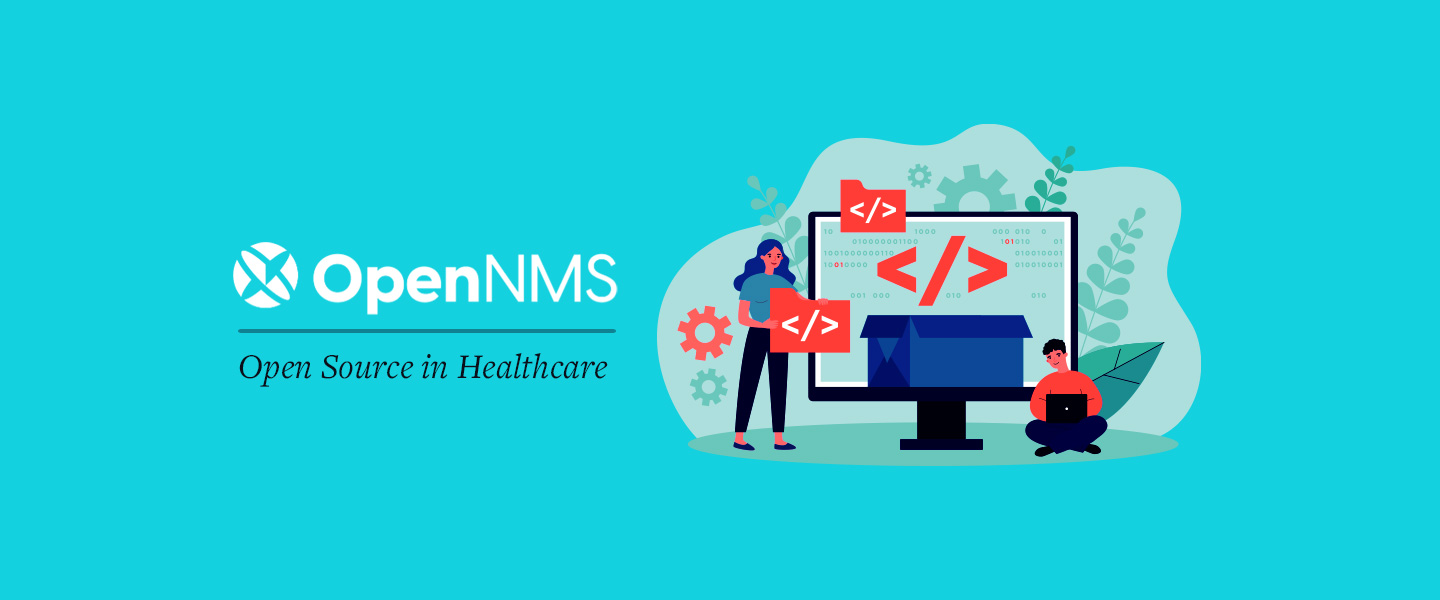In the fast-paced world of healthcare, technology plays a pivotal role in improving patient outcomes and streamlining operations. However, the growing reliance on technology also brings a range of challenges that healthcare IT professionals must address. According to a recent social media poll, data security is viewed as the most critical challenge, followed closely by interoperability. Let’s dive into these and other pressing technology challenges in healthcare and explore how partnering with a third-party software development company can help you overcome them.
1. Interoperability
Interoperability stands out as a significant hurdle in healthcare technology. Federal mandates require healthcare organizations to keep patient data secure while ensuring it can be shared seamlessly with care teams both internally and across different organizations. The Healthcare Information and Management Systems Society (HIMSS) defines interoperability as the ability of various information systems to exchange, integrate, and use data in a coordinated manner to optimize global health.
The challenge is compounded by the need to exchange patient information not just within the organization but with external providers worldwide. A Deloitte survey predicts that electronic health record (EHR) interoperability will become a standard practice, extending beyond hospital systems to include a broader range of healthcare providers.
Solution: A third-party software development partner can design and implement solutions that facilitate seamless data exchange. They can develop custom APIs and other integrations that enable your system to communicate with external systems, with the goal that data flows smoothly across different platforms. Prior authorization interoperability could save saves time and money.
2. Big Data
The influx of data from various sources—wearable devices, consumer apps, and traditional health records—adds complexity to managing patient information. Healthcare’s big data is characterized by its Volume, Velocity, Variety, and Validity. Managing this data requires not only robust storage solutions but also tools to convert raw data into actionable insights.
Solution: New technologies like artificial intelligence (AI) and machine learning (ML) can help manage and analyze big data. By partnering with a software development company, you can implement AI-driven solutions that sift through large volumes of data and identify patterns.
3. Data Security
Data security remains a top concern, with cyberattacks on healthcare systems becoming alarmingly frequent. A recent report by IT security firm Sophos revealed that 34% of healthcare organizations were hit by ransomware last year, with the average cost of such attacks reaching $1.27 million. Ransomware is just one threat; healthcare systems must also defend against viruses, trojans, and other forms of malware.
Solution: To bolster data security, a software development partner can build robust, secure systems that adhere to the latest security standards and regulations. They can implement advanced encryption, multi-factor authentication, and other security measures with the goal of protecting sensitive patient data from cyber threats.
4. Outdated Technology
Many healthcare organizations struggle with outdated IT infrastructure, which hampers efforts to tackle interoperability, manage big data, and secure information. Legacy systems often do not integrate well with newer technologies and upgrading them can be prohibitively expensive.
Solution: Third-party software developers can create custom solutions that bridge the gap between old and new systems. Whether through custom APIs or full-scale system upgrades, they can help modernize your IT infrastructure without disrupting your operations, with the goal of ensuring your systems can handle current and future demands.
5. Competitive Advantage
In a competitive healthcare landscape, leveraging technology to improve patient care and operational efficiency is crucial. Technologies like telehealth, EHRs, mobile health apps, and business intelligence tools can give your organization a competitive edge. However, implementing these technologies can be challenging when your IT team is already stretched thin.
Solution: By partnering with a software development company, you can accelerate the deployment of new technologies. Experienced developers can help integrate advanced tools into your existing systems, with the goal of enabling you to enhance patient engagement, streamline operations, and stay ahead of competitors.
The technology challenges in healthcare are significant, but they are not insurmountable. By planning ahead, you can tackle these issues head-on and position your organization for success in a rapidly evolving industry. Embrace the opportunities technology offers, and ensure you have the right support to navigate the complexities of the healthcare IT landscape.







